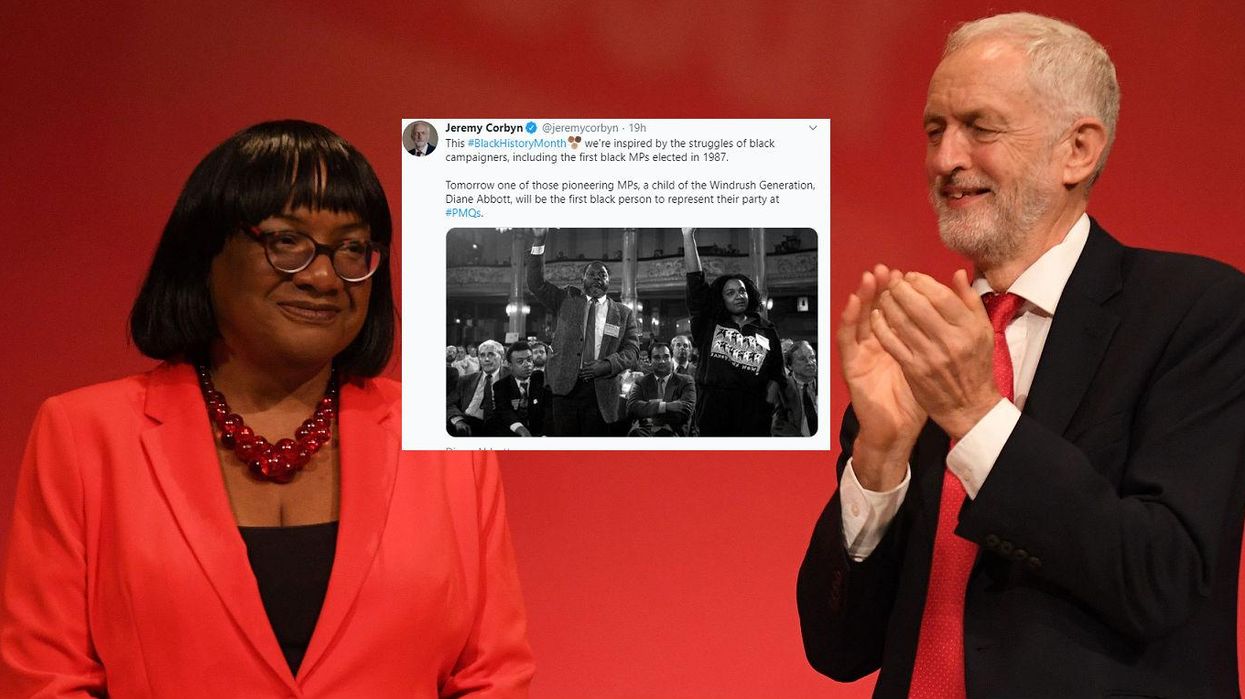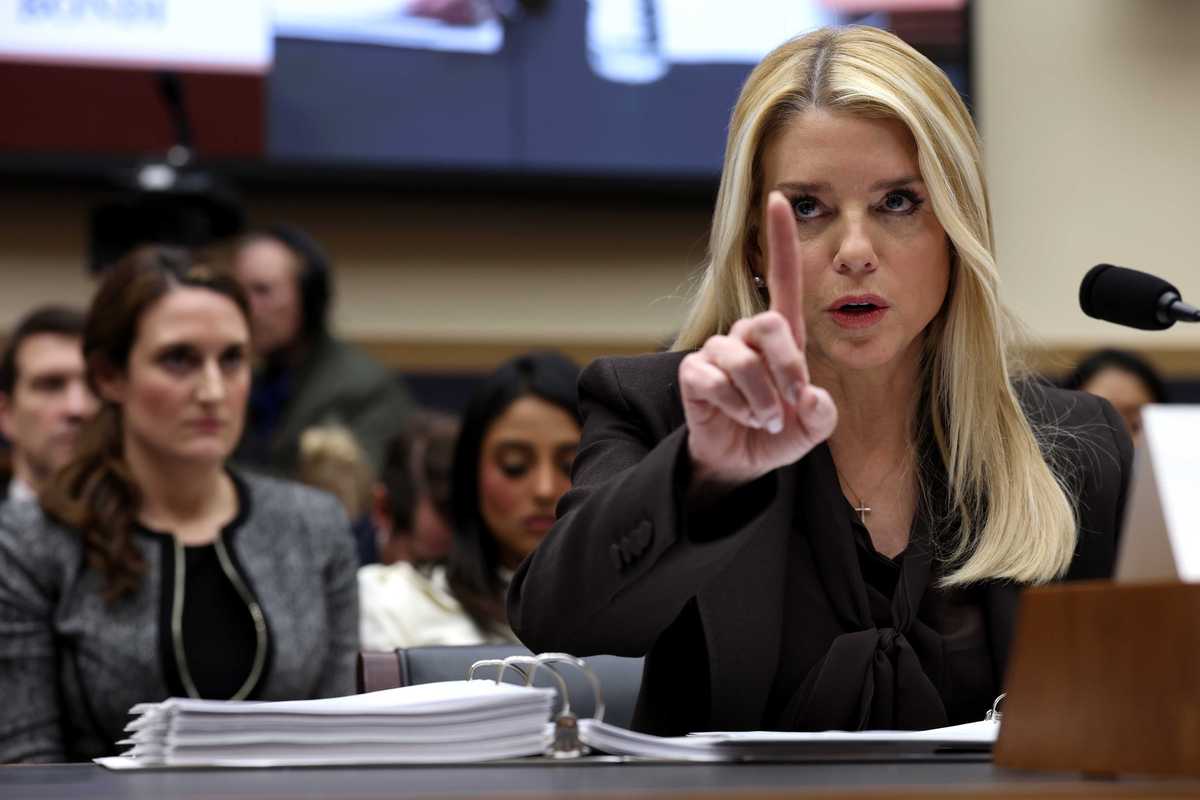Narjas Zatat
Oct 02, 2019
Diane Abbott is about to make history as the first black person to represent their party at prime minister’s questions later today, as she will be standing in for Labour leader Jeremy Corbyn.
The shadow home secretary will go up against foreign secretary Dominic Raab in the upcoming parliamentary session, as prime minister Boris Johnson will be in Manchester delivering his speech at the Conservative party conference.
Jeremy Corbyn uploaded a photo to Twitter of Abbott from 1987, and captioned it: “This #BlackHistoryMonth we're inspired by the struggles of black campaigners, including the first black MPs elected in 1987”.
Tomorrow one of those pioneering MPs, a child of the Windrush Generation, Diane Abbott, will be the first black person to represent their party at #PMQs.
Corbyn celebrated the MP and mentioned the timing of her appearance – it will take place during Black History Month.
Emily Thornberry usually stands in for Corbyn but was dropped following her criticism of Labour’s referendum campaign.
She said at the time:
We went into an election where the most important issue was what was our view on leaving the European Union and we were not clear about it.
We were not clear on the one single thing that people wanted to hear.
In 2017 Abbot, who has a prolific and well-documented career in politics, penned a piece for The Guardian about the intensification of racism she endured in the run up to the Brexit referendum
I went into politics to create space for women and other groups who have historically been treated unfairly. Once, the pushback was against the actual arguments for equality and social justice. Now the pushback is the politics of personal destruction.
This is doubly effective for opponents of social progress. Not only does it tend to marginalise the female “offender”, but other women look at how those of us in the public space are treated and think twice about speaking up publicly, let alone getting involved in political activity.
Who needs their intelligence, motivation and personal appearance to be savaged in the tabloids and online? Better to stay silent or say whatever the men are saying.
If online commentary and the rise in racist incidents are anything to go by, there is a danger that Brexit could give some people permission to express sentiments that are anything but progressive and internationalist.
Thirty years ago I entered parliament to try and be the change I wanted to see. Despite the personal attacks and the online abuse, that struggle continues.
More: Jeremy Clarkson calls Greta Thunberg a 'spoilt brat' and gets expertly dragged by his daughter
More: Boris Johnson posed with military chiefs and the jokes wrote themselves
Top 100
The Conversation (0)














